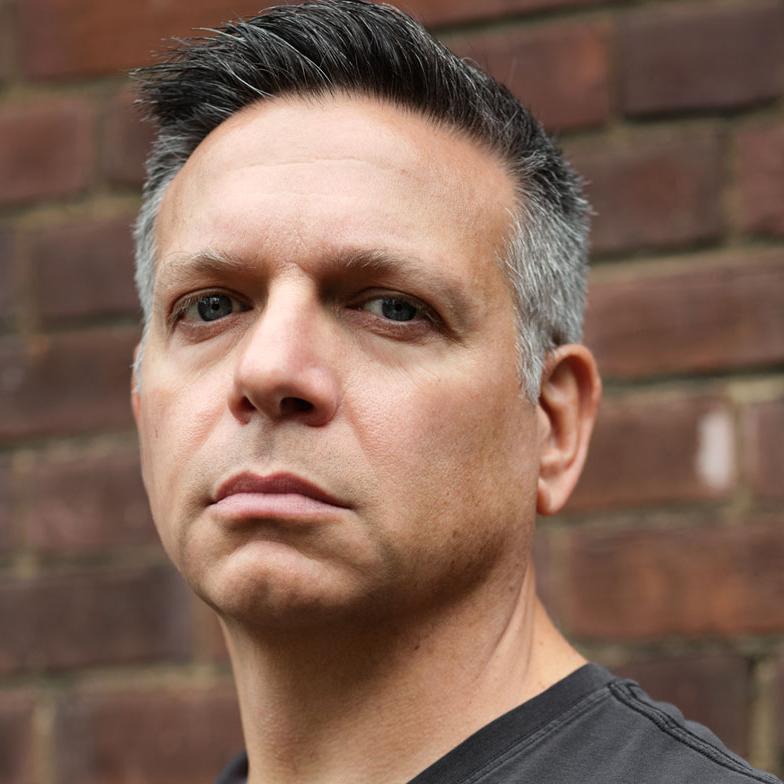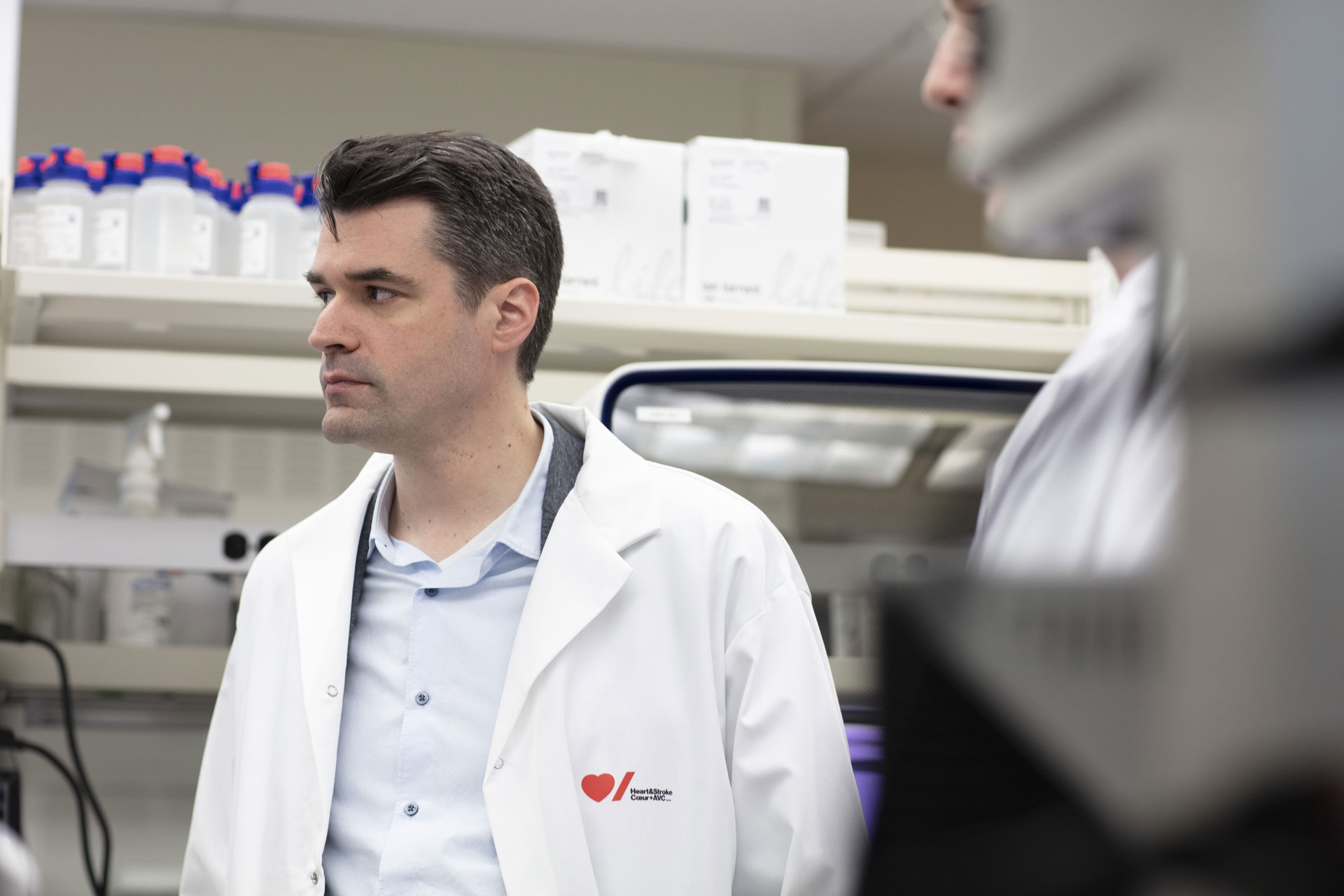A heart attack can cause scarring that damages your heart. Eventually this damage can lead to heart failure. This serious condition affects more than 600,000 people in Canada. There is no cure.
One of the toughest questions facing cardiac researchers is how to prevent or reduce damage after a heart attack.
Dr. Tami Martino has come up with an intriguing new answer involving the circadian mechanism that regulates your body clock.
“We want to prevent scarring from the heart attack from forming in the first place,” says Dr. Martino, director of the Centre for Cardiovascular Investigations at the University of Guelph, and a long-time Heart & Stroke researcher. “No scar, no heart damage, no heart failure.”
Turning down immune response
To treat a heart attack, doctors restore blood flow in or around blocked arteries. This treatment, reperfusion therapy, effectively stops the heart attack, but there are side effects.
“The immune system responds to this a little bit overenthusiastically,” says Dr. Martino. One result is what’s called reperfusion injury, scarring the tissue of the heart.
Dr. Martino has found a way to turn down this over-zealous immune response.
The circadian connection
As part of the circadian clock that exists in almost all our cells, there are genes and proteins that shift and change over a 24-hour cycle and regulate key functions, including those of the heart and the immune system.
One such protein, Rev-Erb, can be influenced by an in-development drug called SR9009. Dr. Martino’s team showed that the drug can reduce the immune response after a heart attack and reperfusion therapy.
“It leaves the good aspects of the immune system alone and turns down the bad aspects, so you get a smaller scar. Then people will basically recover much better from their heart attacks and they’re much less likely to develop heart failure,” says Dr. Martino.
As a bonus, she showed you only need to give the drug for one day, right after reperfusion therapy.
Timing makes a difference
Since this is circadian medicine, the study looked at the effectiveness of the therapy based on time of day. Indeed, mice given the drug during their sleep hours did a bit better. “For humans, we will eventually figure out that perfect time,” she says, indicating this would be assessed in early clinical trials.
While the drug works when given during emergency heart attack treatment, it’s possible some patients would get a second dose to tap into the optimal cycle of their circadian clock.
More uses possible
This breakthrough discovery will require more testing before it moves on to human trials. Since strong immune responses that cause additional damage are a common problem, this approach may have other applications, such as in stroke treatment, organ transplant or valve replacements.
It’s really important to have this support from Heart & Stroke.
Dr. Martino’s previous research found sex differences in the circadian clock as it relates to heart disease. “It will be important to test this treatment in both male and female preclinical models,” she says.
She has plans to further study targeting Rev-Erb, working towards human trials over the next few years.
Dr. Martino, who recently received a Heart & Stroke Mid-Career Investigator award, says ongoing support from Heart & Stroke donors has helped her lab become a worldwide leader in circadian rhythm research. “It’s really important to have this support. It funds the translation of our most promising circadian medicine therapies into clinical care, and will lead to longer and healthier lives.”
Learn more about heart attack and heart failure.
Learn more about Heart & Stroke research




